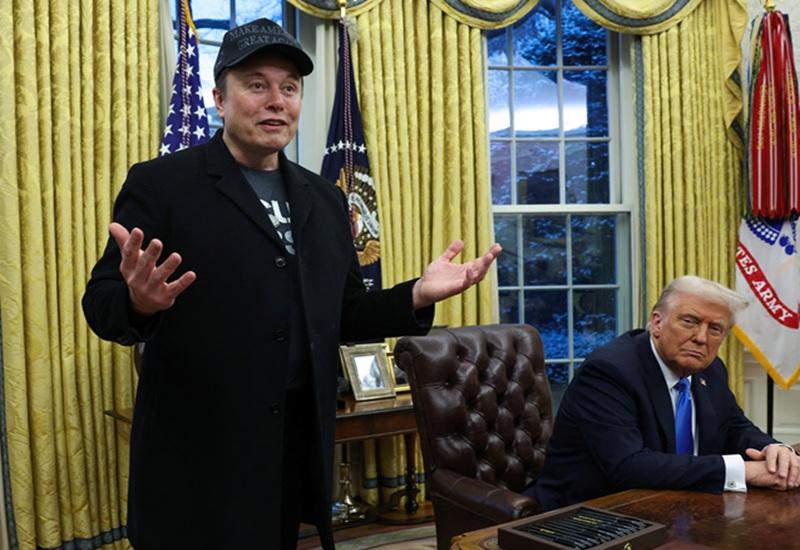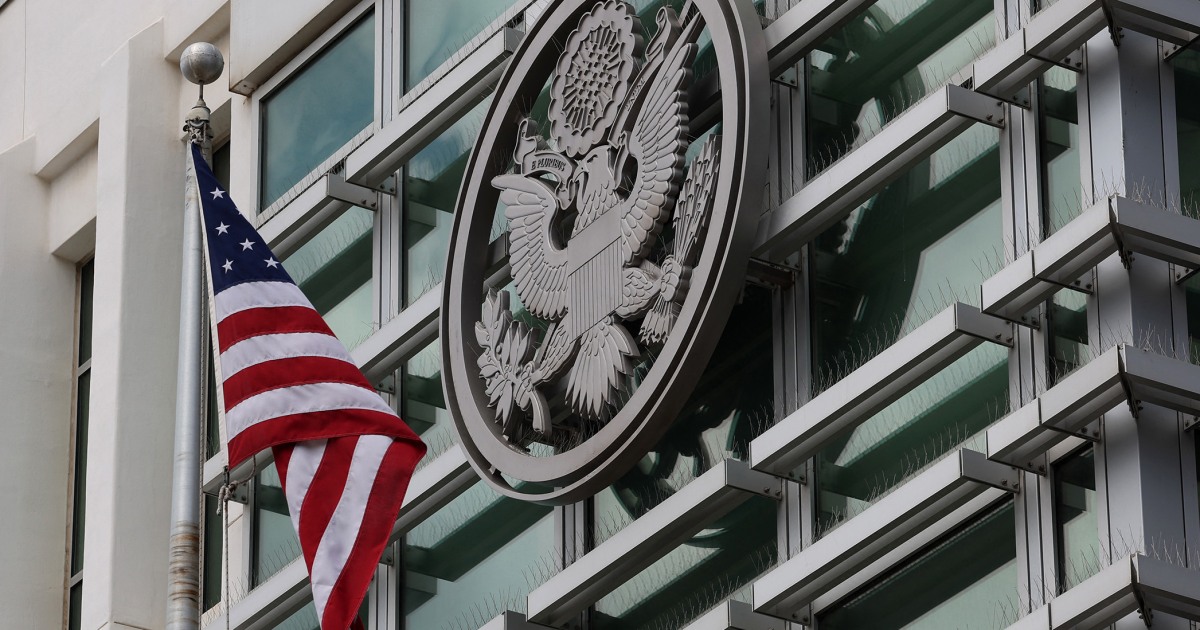Trump Administration Blocks Harvard from Enrolling International Students

In a controversial move that has sparked significant debate, the Trump administration has taken the unexpected step of blocking Harvard University from enrolling international students. This action was officially communicated by the Department of Homeland Security, with Secretary Kristi Noem at the forefront of the announcement.
In a detailed post shared on X (formerly known as Twitter) on Thursday, Secretary Noem articulated that the administration's decision was a direct response to Harvard's unwillingness to comply with specific demands set forth by President Donald Trump. She accused the prestigious institution of fostering violence, allowing antisemitism to thrive, and allegedly collaborating with the Chinese Communist Party on its campus. “It is a privilege, not a right, for universities to enrol foreign students and benefit from their higher tuition payments to help pad their multibillion-dollar endowments,” she stated emphatically. “Harvard had plenty of opportunity to do the right thing. It refused.”
In her communication to Harvard's administration, Noem announced the revocation of the university’s Student Exchange Visitor Program (SEVP) certification, a crucial requirement for educational institutions to host international students under various visa categories. This revocation means that Harvard is not only barred from accepting new foreign students but also that current international students will be required to transfer to different universities to maintain their non-immigrant status, as detailed in her letter.
In response to this drastic action, Harvard University publicly condemned the administration's decision, labeling it as “unlawful” and as a “retaliatory action.” The institution emphasized its commitment to hosting international students and scholars from over 140 countries, highlighting their invaluable contributions to both the university and the nation as a whole. “We are fully committed to maintaining Harvard’s ability to host our international students and scholars, who hail from more than 140 countries and enrich the university – and this nation – immeasurably,” the university stated.
This development marks a significant escalation in an ongoing conflict between Harvard and the Trump administration, particularly over the university's responses to pro-Palestine protests and its diversity programs. Harvard has resisted a multitude of demands from the administration related to these issues, which has resulted in federal funding cuts totaling over $2.6 billion, the latest of which occurred just days before this announcement. Currently, Harvard is in the process of pursuing legal action, claiming that the administration's tactics violate the US Constitution.
Earlier in the week, Harvard President Alan Garber reached out to alumni, urging them to support the university amid these challenges. In an email, he underscored the unprecedented nature of the hurdles currently facing Harvard, launching initiatives such as the Presidential Priorities Fund and the Presidential Fund for Research, which are designed to help mitigate the financial impact of the funding cuts.
The origins of this conflict date back to earlier this year when Noem first threatened to revoke Harvard’s SEVP certification in April. She imposed a deadline, demanding detailed records on what she described as the “illegal and violent activities” of foreign students on campus, citing a federal law that mandates disclosure of academic records, enrollment statistics, and disciplinary actions.
Harvard later maintained that it complied with the requests made by the agency, although it did not disclose the specifics of the information provided. This threat to revoke certification coincided with a broader crackdown by the Trump administration on pro-Palestine campus protests, which officials characterized as antisemitic—an assertion that organizers vehemently reject.
According to reports from Al Jazeera’s Kimberly Halkett, this governmental crackdown is part of a larger initiative by the Trump administration, which has involved the establishment of a joint task force aimed at addressing perceived antisemitism on college campuses. Critics argue that this task force has expanded to encompass various aspects, including hiring practices and curriculum changes at universities. “Trump himself has accused universities of fomenting ‘anti-Trump’ ideology,” Halkett noted.
As of 2023, federal data indicates that there are 7,417 schools in the United States approved for the Student Exchange Visitor Program. As for the future, it remains ambiguous whether Harvard has any recourse to challenge the loss of its SEVP certification, as the agency holds the authority to review approved institutions at any given time under federal law.
























